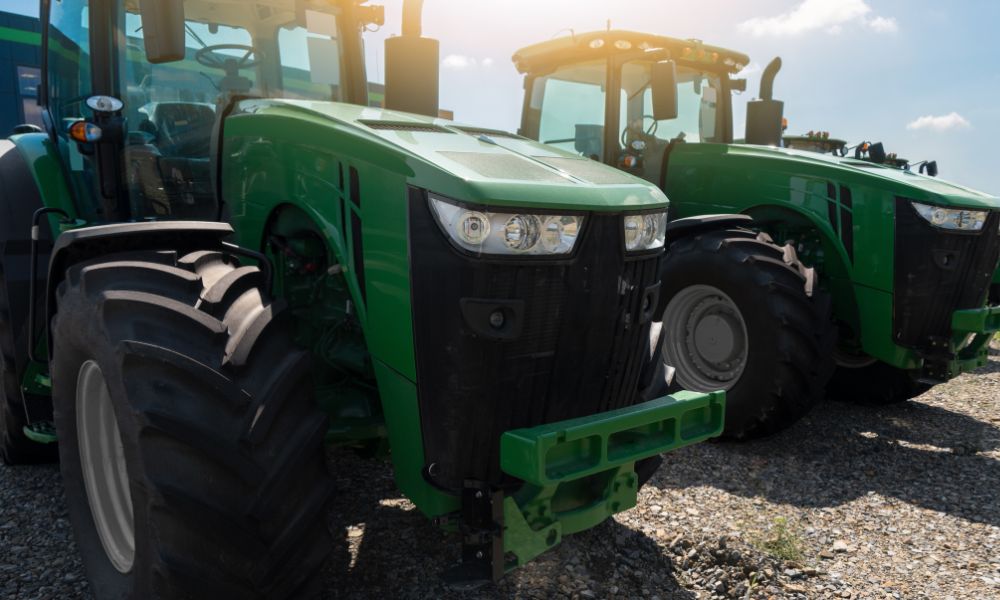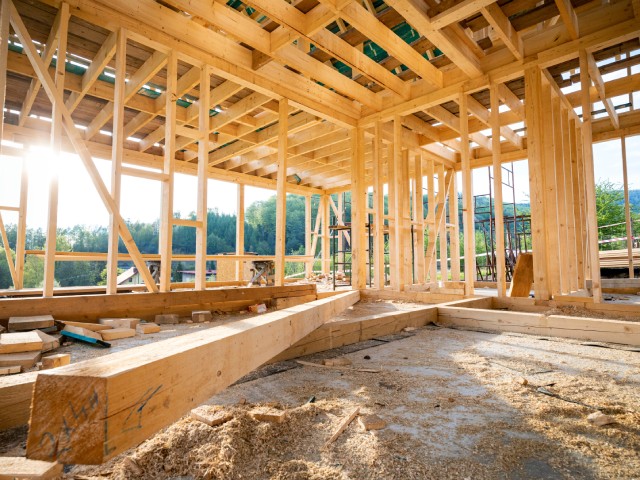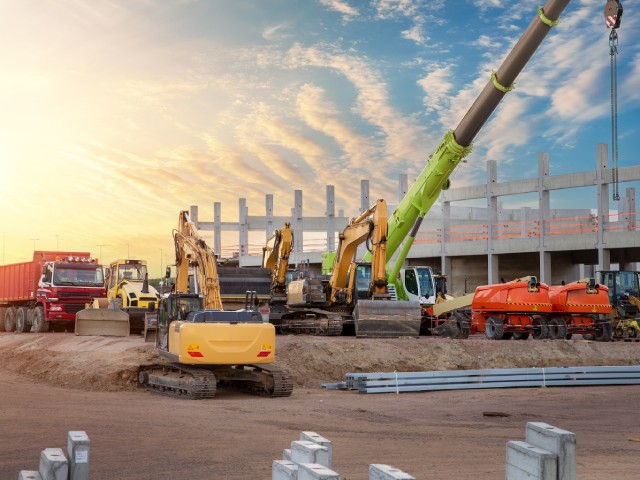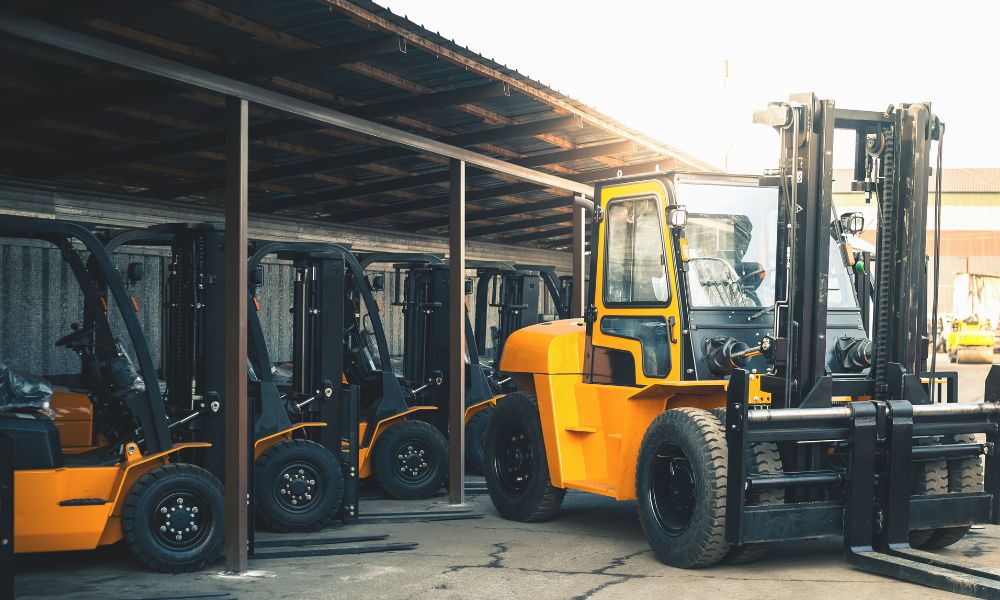

Purchasing essential construction machinery is a significant investment that requires careful decision-making. Whether you’re a business owner, worksite manager, or an operator looking to upgrade your fleet, choosing the right equipment can make all the difference. In this blog post, we’ll discuss what you need to know when purchasing heavy equipment to help make the process smoother.
Before you even start looking into specific models, you need to establish your budget and needs. Determine what kind of work you’ll use the equipment for, how much you can afford to spend, and what features are necessary for your operations. This will help narrow down your choices, saving you time and money in the long run.
Once you solidly understand your budget and needs, you should start looking at and comparing equipment options. Consider everything from manufacturers and brands to equipment, features, and pricing. Be sure to read up on customer reviews and feedback, as well as industry news and trends. This way, you’ll gain a better understanding of the equipment’s strengths and weaknesses.
New equipment isn’t always the most cost-effective option, particularly for smaller operations or those just starting out. Used equipment can offer a more affordable alternative, provided you do your due diligence. When considering used equipment, you should inspect the equipment in person, hire a mechanic or inspector to evaluate it, and ask for maintenance records. With proper care, even used equipment can have plenty of life left in it.
The initial cost of purchasing equipment is only part of the equation—ongoing maintenance and repair costs can add up quickly. Compare service options before making a purchase, and consider purchasing a warranty or service contract to help mitigate some of the risks. Regular maintenance is key to extending your equipment’s life and can help prevent costly breakdowns and repairs. Furthermore, you should be aware of which spare parts to get for common issues with your type of equipment. For instance, knowing what spare tractor parts to have on hand will allow you to make repairs right away and avoid downtime.
Finally, don’t be afraid to seek expert advice when purchasing heavy equipment. Reach out to industry associations or consult equipment manufacturers and dealers to get a better understanding of what you should be looking for and what questions to ask. Their insights and expertise can help you make a more informed decision and ensure you get the best equipment for your needs.
Purchasing heavy equipment is a significant investment you must make carefully and thoughtfully. By learning what to know when purchasing heavy equipment, you can make a more informed decision and ensure operations go off without a hitch.
24World Media does not take any responsibility of the information you see on this page. The content this page contains is from independent third-party content provider. If you have any concerns regarding the content, please free to write us here: contact@24worldmedia.com

5 Business Sectors Where Safety Glasses Are Essential

Annoying Things You Can Keep Out of Your Home

Easy Ways You Can Improve Your Pasture’s Quality

Mistakes You Must Avoid on Your Next Construction Project

Tips for Keeping Your Business’s Equipment Around for Longer

The Biggest Car Owner Mistakes You Must Avoid

Why Renting Construction Equipment Is Best

Beat the Heat: Summer Maintenance Tips for Forklifts

Monday’s stocks to buy include Apple, Nvidia, Tesla, Shopify and more

How to Tell If Your VPN Is Working Properly